The modern dating landscape has undergone a quiet but profound transformation. Across bustling metropolises and sleepy college towns alike, a curious phenomenon has taken root - what sociologists have termed "the downgrading of romance." In an era of unprecedented connectivity, we find ourselves paradoxically retreating from emotional vulnerability, crafting elaborate defense mechanisms against the very intimacy we claim to desire.
Walk into any dimly lit cocktail bar on a Friday night, and you'll witness the choreography of this new romantic reality. Millennials and Gen Zers engage in what appears to be dating - the lingering eye contact, the careful lean-ins, the strategic brushing of hands against forearms. But beneath the surface simmers an unspoken agreement: this connection comes with an expiration date. The modern dater approaches relationships like a tourist with a return ticket already booked, savoring the experience precisely because it need not last.
What drives this collective retreat from emotional investment? The answers reveal uncomfortable truths about our digitally mediated existence. The illusion of infinite choice, facilitated by dating apps that transform potential partners into endlessly swipable commodities, has rewired our romantic calculus. Why commit when the next profile might offer something shinier? Why endure the messy work of building something lasting when a fresh start lies just beyond the next notification?
Psychologists point to the "paradox of optionality" - the peculiar phenomenon where abundant choice doesn't lead to greater satisfaction but rather decision paralysis. In love as in consumer culture, we've become collectors of experiences rather than builders of foundations. The language of modern dating reflects this shift: we "hang out" rather than date, engage in "situationships" rather than relationships, carefully avoiding the weight of traditional labels that might imply obligation or expectation.
The specter of emotional debt looms large over contemporary romance. Raised on stories of parental divorce and weaned on economic instability, younger generations approach commitment with the wariness of subprime mortgage applicants. The cultural script has flipped - where once the question was "why aren't you settled down?", now it's "why would you want to be?" The personal costs of failed relationships (financial, emotional, logistical) appear too steep, the potential rewards too uncertain.
Technology has amplified these fears while providing convenient escape hatches. The constant presence of alternatives in our pockets makes weathering relationship storms seem foolish rather than noble. Why work through conflict when unmatching offers a clean break? Digital communication allows us to carefully curate our availability, keeping potential partners at the precise distance where they can't disappoint us. We've become adept at maintaining just enough connection to stave off loneliness, but not so much as to risk real vulnerability.
This romantic hedging manifests in subtle but telling behaviors. The preemptive breakup - ending things before they get serious to avoid future pain. The "slow fade" - gradually reducing contact until the connection dissolves without confrontation. The "breadcrumbing" - offering just enough attention to keep someone interested without making actual plans. These tactics reveal a generation skilled at self-protection but increasingly unpracticed in the art of emotional courage.
The professionalization of personal life further complicates matters. In an economy that demands constant self-optimization, relationships get subjected to ruthless cost-benefit analysis. Romantic partners become evaluated like startup investments - does this person contribute sufficiently to my personal growth? Do the returns justify the emotional expenditure? This transactional mindset, while offering the illusion of control, drains romance of its essential mystery and magic.
Social media exacerbates these tendencies by turning relationships into performative spectacles. The pressure to present #couplegoals perfection makes authentic connection more difficult, as partners become audiences to each other's curated personas rather than witnesses to their unvarnished selves. The performative aspect of digital sharing creates a hall of mirrors where genuine intimacy struggles to take root.
Yet for all its self-protective logic, the downgrade comes at a cost. Neuroscientists confirm what poets have long known - humans are wired for bonding. The same vulnerability that leaves us exposed to hurt also makes possible our deepest joys and most transformative growth. Studies consistently show that while casual relationships can provide temporary pleasure, lasting wellbeing stems from secure, committed attachments. Our biological and psychological systems quite literally expect and require the very depth we've learned to fear.
The consequences of this romantic retreat ripple outward. Delayed commitment affects everything from birth rates to housing markets, but more profoundly, it shapes our collective capacity for trust and endurance. Relationships serve as microcosms for how we engage with the world - if we approach love with one foot perpetually out the door, what does that suggest about our commitments to community, to citizenship, to the long-term projects that demand sustained effort?
Perhaps most ironically, our elaborate defenses against heartbreak may be causing the very pain we seek to avoid. The temporary safety of emotional distance comes with the permanent ache of disconnection. Like astronauts floating untethered in space, we find ourselves increasingly isolated within our carefully constructed bubbles of self-protection. The conversations we avoid having, the risks we decline to take, the depths we refuse to plumb - these accumulate into a different kind of loss, less acute than traditional heartbreak but more insidious in its persistence.
Somewhere between the reckless abandon of previous generations and our current defensive crouch lies a middle path - one that acknowledges legitimate fears while refusing to be governed by them. It requires the courage to occasionally appear foolish, to love without ironclad guarantees, to embrace connection knowing full well it might end in pain. Not with the naive expectation of fairy tale endings, but with the mature understanding that some of life's richest experiences demand precisely the vulnerability we've learned to avoid.
The downgrade didn't happen overnight, and its reversal won't either. It begins with small acts of rebellion against our own defenses - staying present during difficult conversations, resisting the urge to preemptively withdraw, allowing ourselves to want and be wanted without immediate calculation of exit strategies. In an age that prizes detachment, choosing to engage fully becomes the most radical act of all.
As we navigate this romantic recalibration, we might remember that love has always involved risk. The variables have changed - swipes instead of love letters, texting anxiety instead of waiting by the phone - but the essential equation remains. To experience connection in its fullest form requires stepping onto emotional high wires without perfect assurance of what lies on the other side. In resisting love's uncertainties, we don't avoid pain - we merely exchange the acute wounds of heartbreak for the chronic ache of disengagement.
The invitation, should we choose to accept it, is to approach modern love with clear eyes about its challenges and renewed appreciation for its rewards. Not with the expectation of perfection, but with the wisdom to recognize that even imperfect connections can transform us. In an era that encourages us to keep our options perpetually open, the most revolutionary act may be choosing - deliberately, imperfectly, courageously - to close some doors and walk through others.
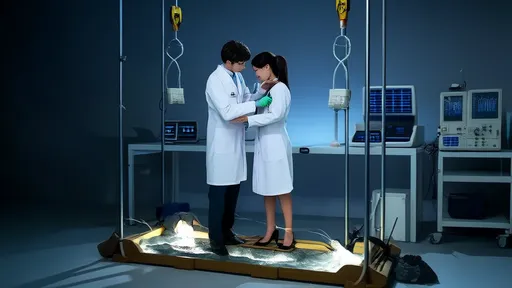
By /Jul 3, 2025

By /Jul 3, 2025
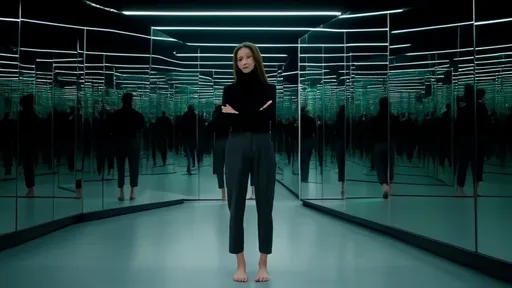
By /Jul 3, 2025
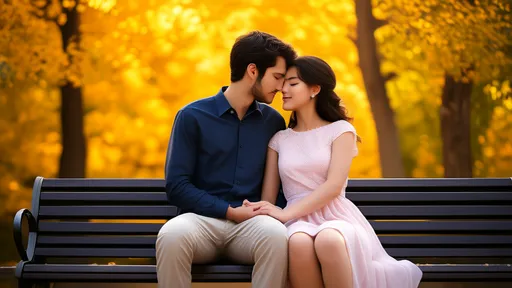
By /Jul 3, 2025
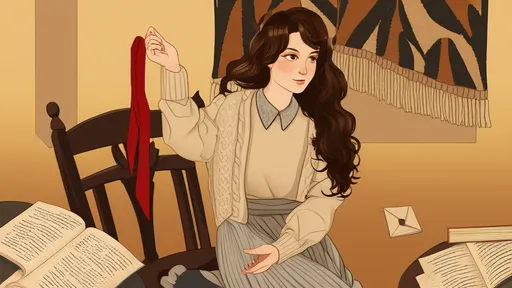
By /Jul 3, 2025

By /Jul 3, 2025
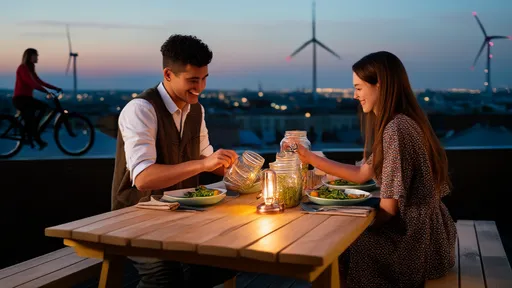
By /Jul 3, 2025
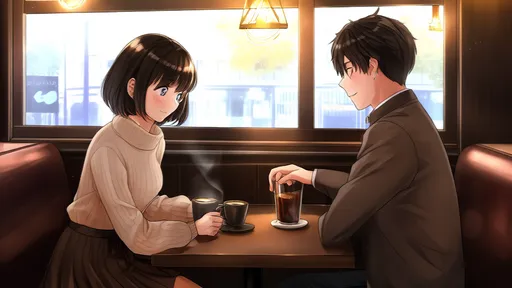
By /Jul 3, 2025
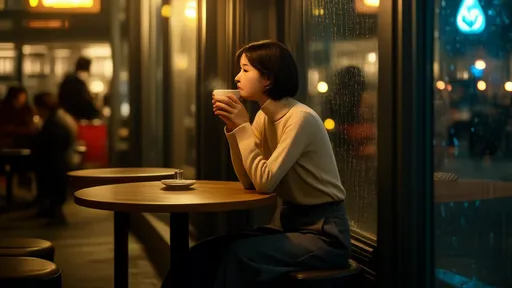
By /Jul 3, 2025

By /Jul 3, 2025
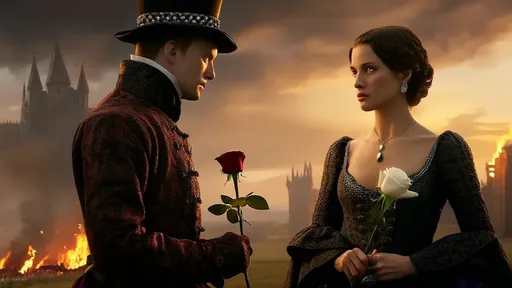
By /Jul 3, 2025
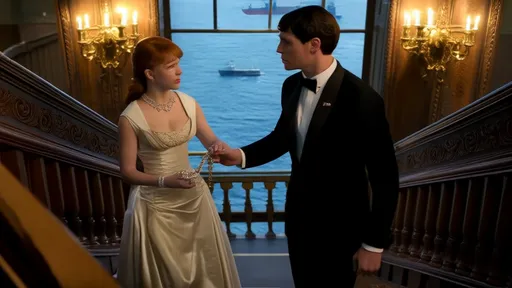
By /Jul 3, 2025
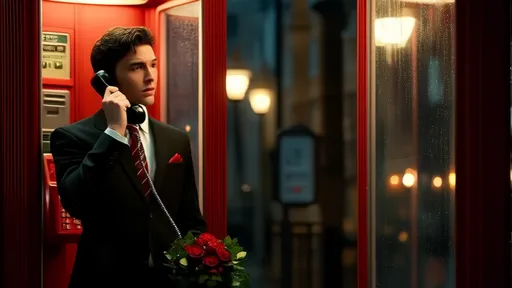
By /Jul 3, 2025
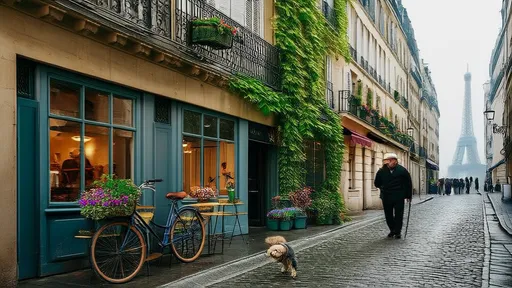
By /Jul 3, 2025
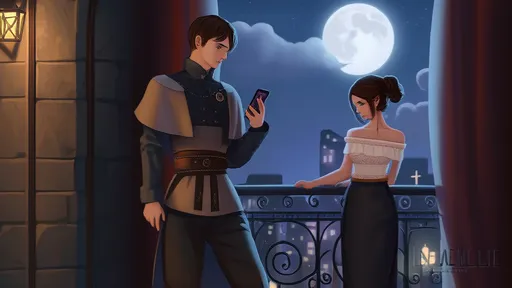
By /Jul 3, 2025
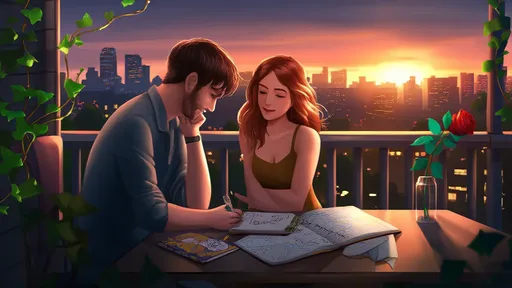
By /Jul 3, 2025
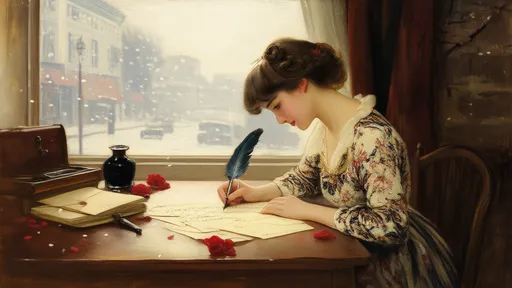
By /Jul 3, 2025
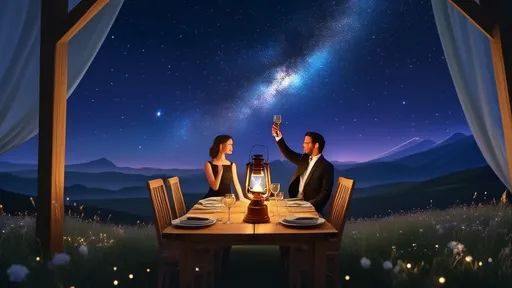
By /Jul 3, 2025